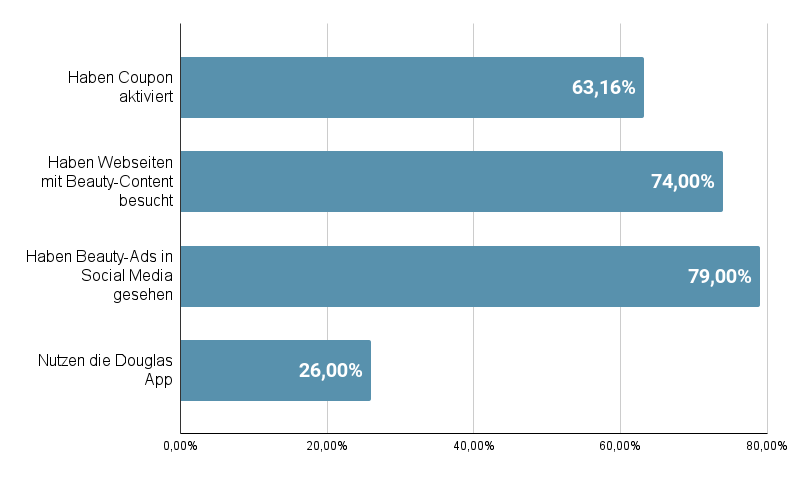
Personalized Couponing in Major Retail Chain Apps
Potentials of Digital Coupons and Personalization#
Coupons stand out as the most beloved feature in apps like Mein dm and LIDL Plus, not just for their attractive discounts but for the new marketing opportunities they bring to retailers and FMCG manufacturers. These apps, by collecting user data, empower businesses to understand their customers better and deliver targeted offers for building lasting relationships. Despite the significant potential of in-app coupons, our analysis reveals that the personalization strategies of leading retail apps are still in their early stages. However, promising glimpses of personalization are already emerging, as showcased in the following case study.
Case Study: Personalization through Customer Segmentation with the Payback Coupon "L'Oréal Paris Magic Retouch Permanent Root Touch Up Sets"*#
The Payback coupon "L'Oréal Paris Magic Retouch Permanent Root Touch Up Sets!" reached 19 users on the Mein dm app, making up 1.7% of all app users. This limited reach suggests it's not a broad, generic coupon, prompting a closer look at the user profiles.

The coupon exclusively reached female users, notably those in the 40-49 and 50-59 age groups. Impressively, 63.16% of users who saw the coupon also activated it. A deep dive into smartphone usage revealed that 74% of these users explored beauty-related content links in the last 6 months, indicating a heightened interest in beauty topics. Additionally, 79% noticed beauty-related ads on social media apps, and 26% also used the Douglas app. Thus, the Payback campaign through Mein dm precisely targeted the relevant L'Oréal audience. This success owes much to the collaboration with Payback, leveraging detailed member consumption data for effective personalization.
Conclusion and Future Outlook#
In summary, the ongoing digital transformation in retail underscores the rising importance of retail apps. Currently, coupons in these apps are relatively generic, but things are about to change. Providers are actively working on personalized offer communication, emphasizing the need for a robust data foundation to strategically deliver tailored offers in the years to come.
About the author
Isabella Lisica
Related Posts

The Growing Importance of Food Retail Apps - Part 2

The growing importance of food retailer apps - Part 1
